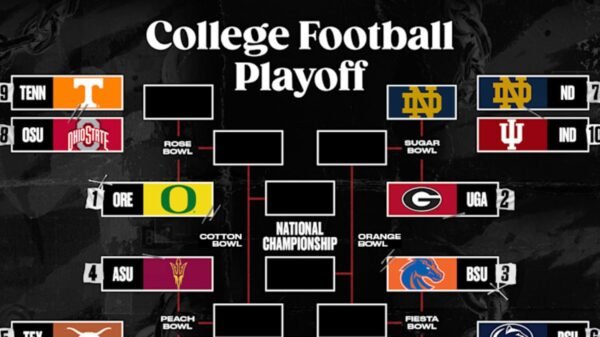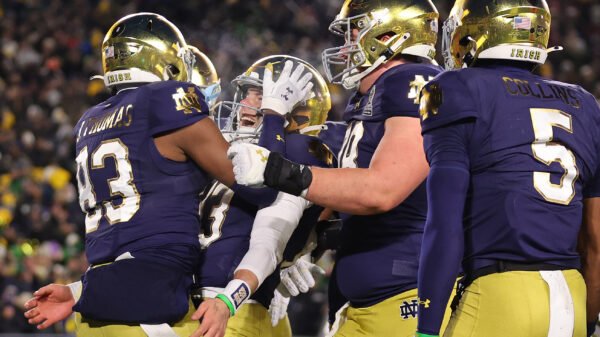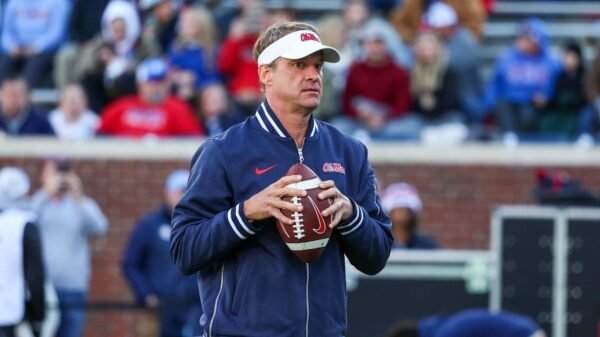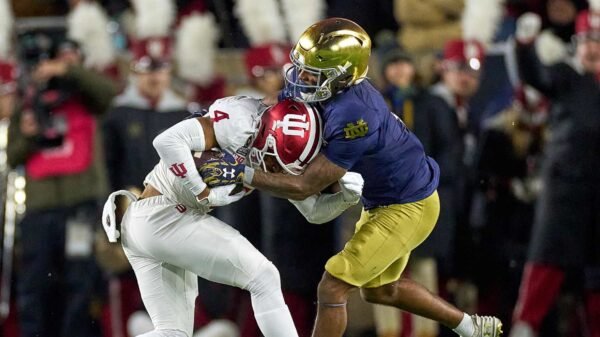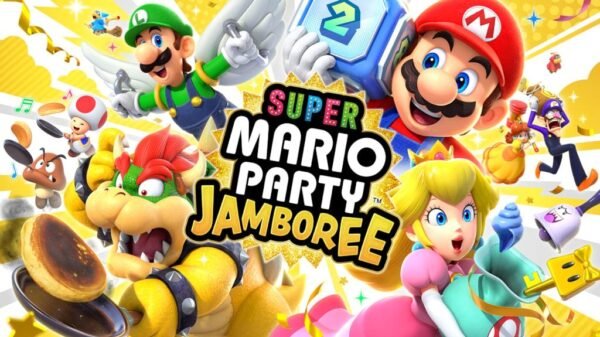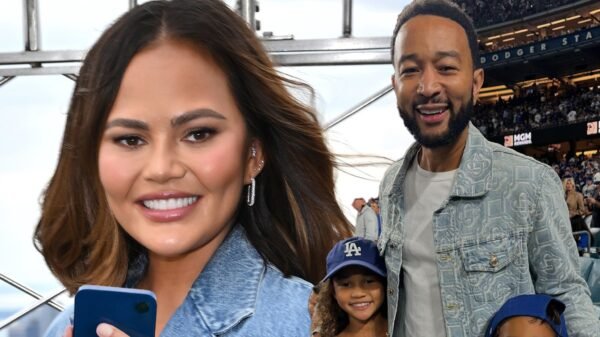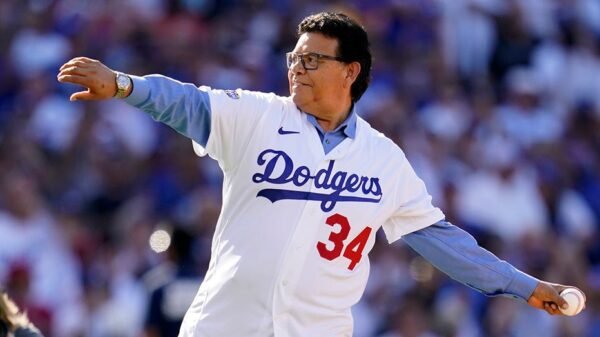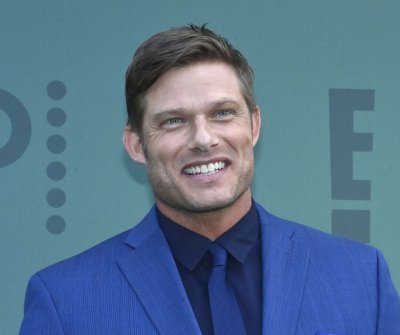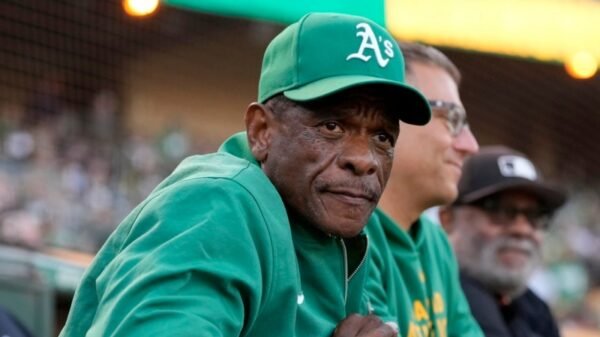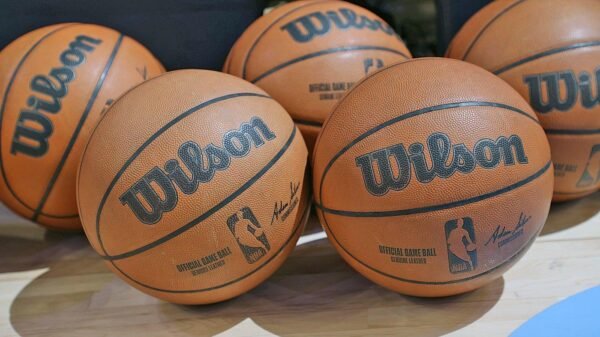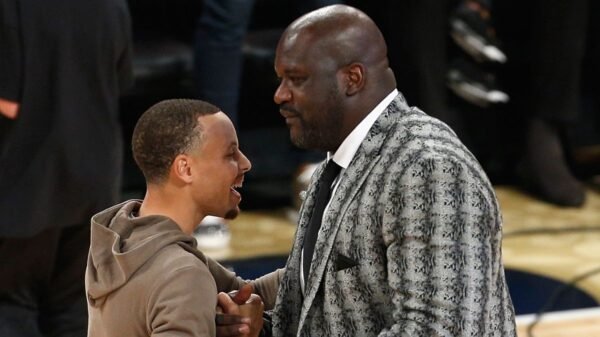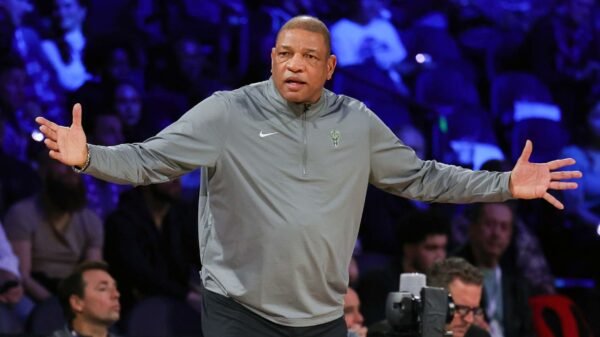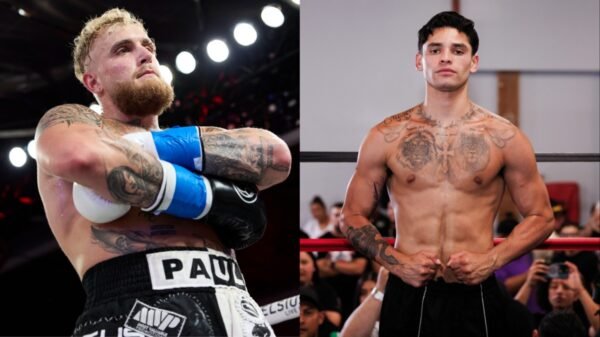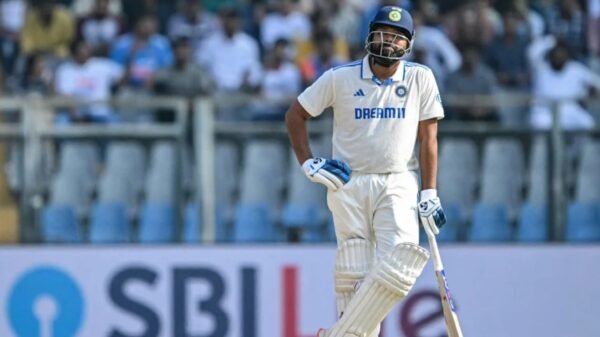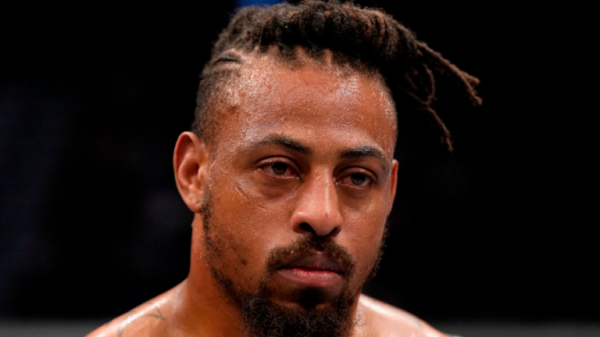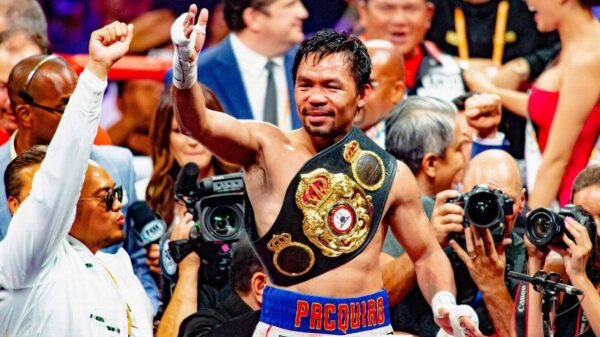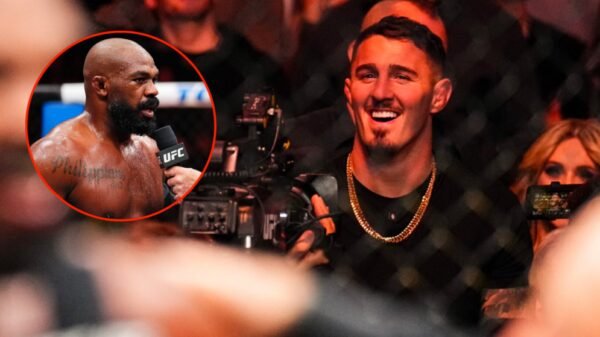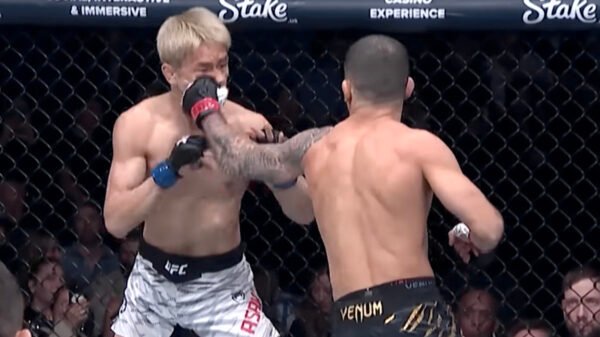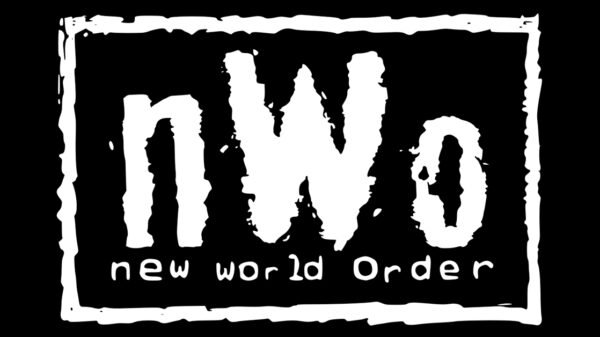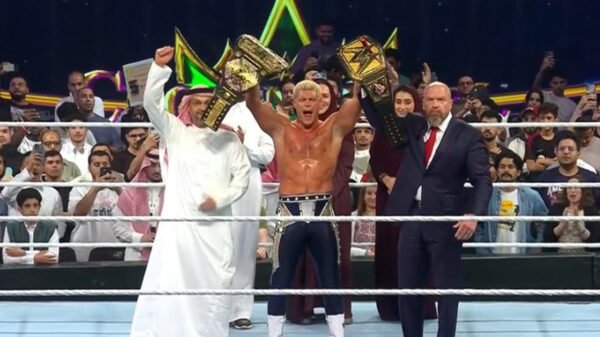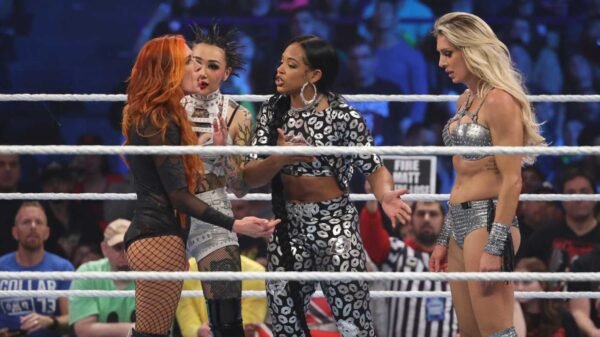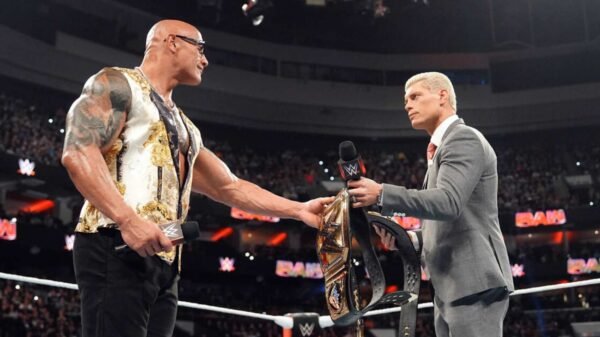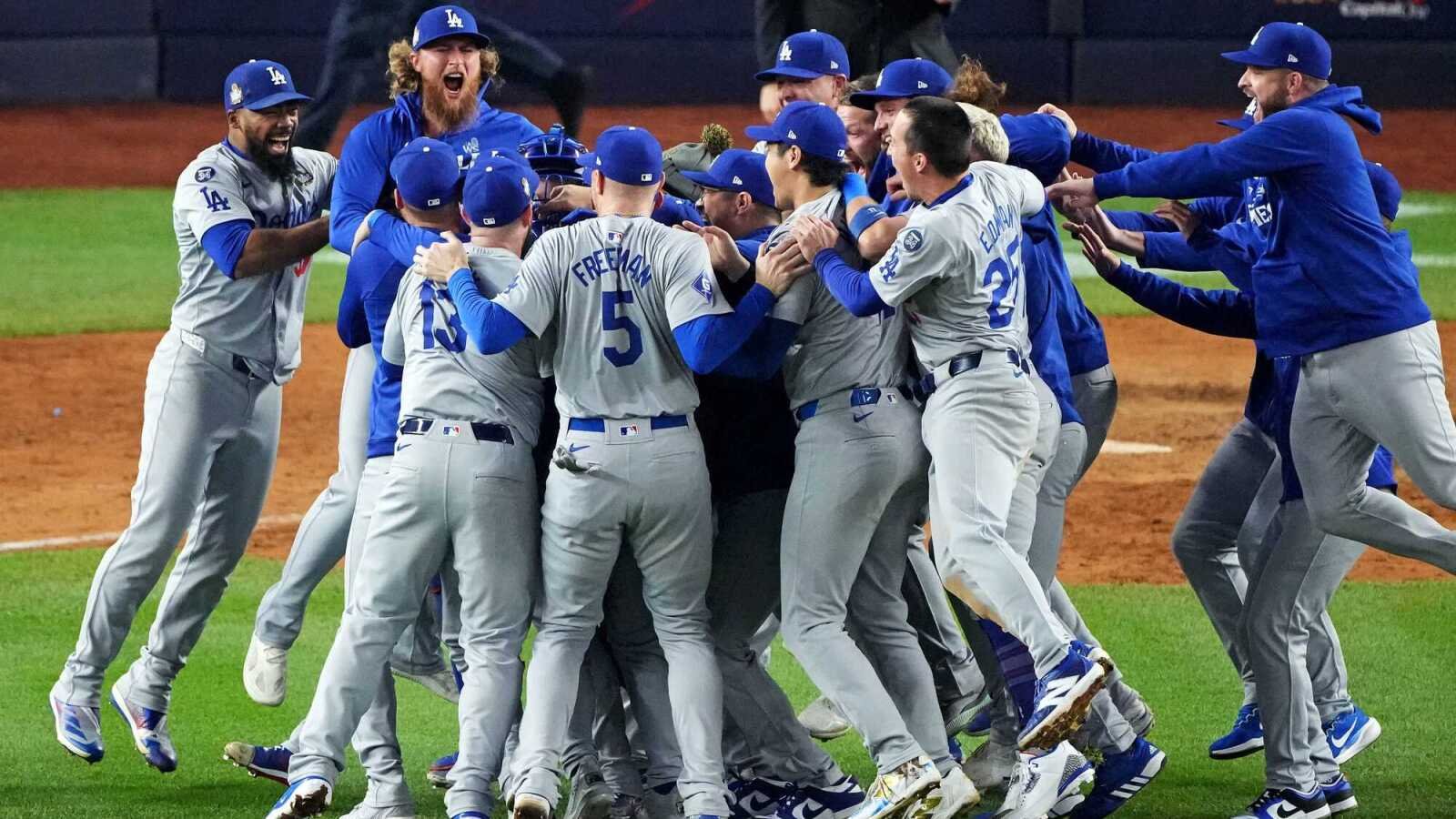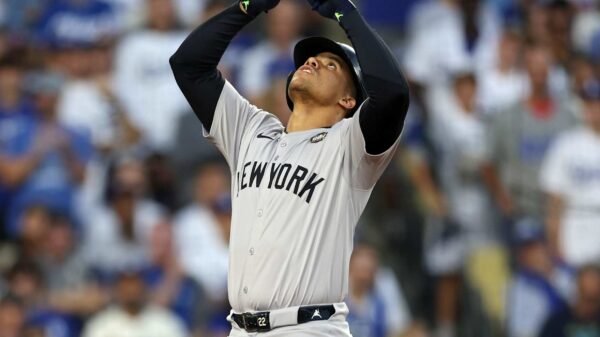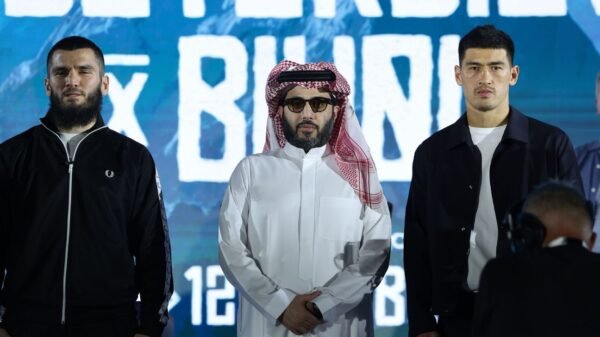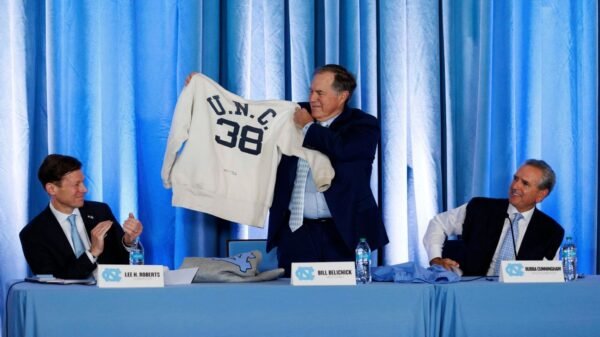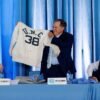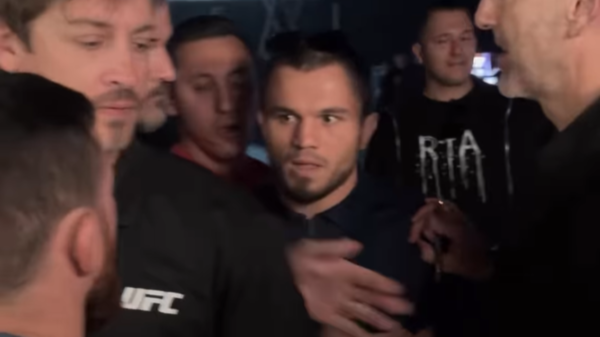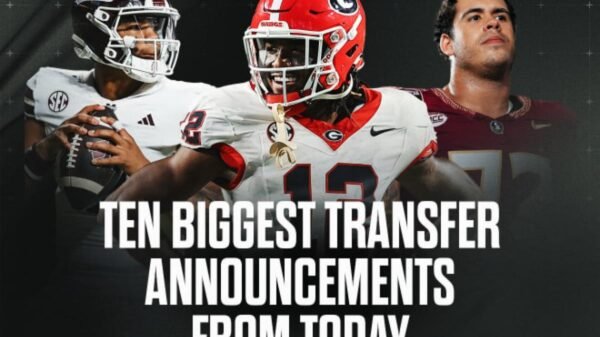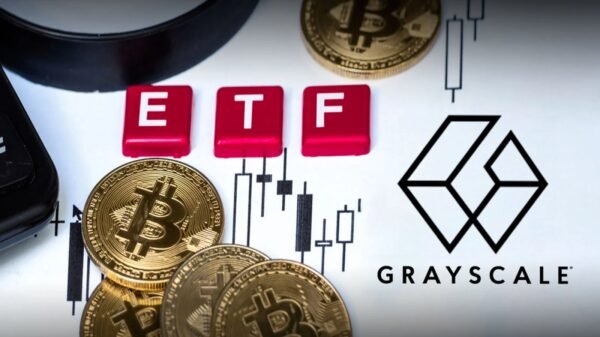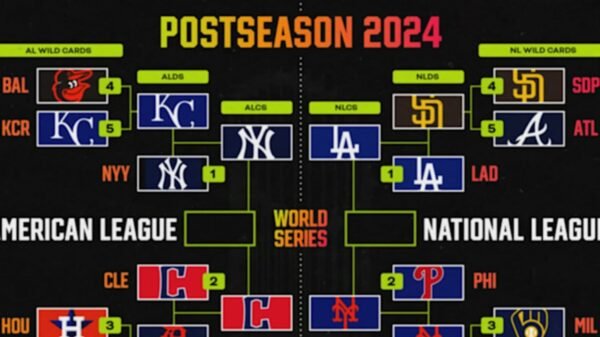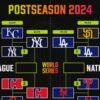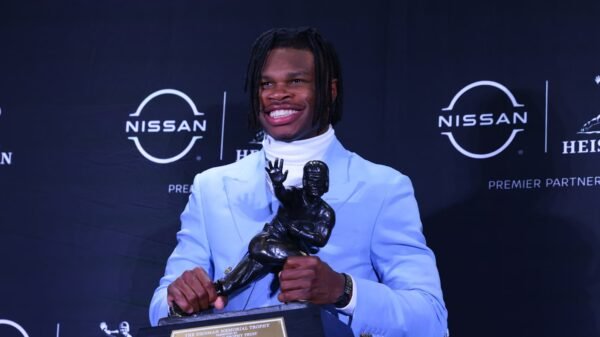Wish to know who’ll win the World Collection? Observe the cash.
Because the starting of the wild-card period in 1995, a staggering 27 of 30 World Collection champions ranked in the top half of MLB payrolls, with 21 sitting within the prime 10. That proves that money has by no means purchased wins extra successfully than at present.
The Los Angeles Dodgers’ World Collection title, powered by historic investments in celebrity Shohei Ohtani (10 years, $700M) and right-hander Yoshinobu Yamamoto (12 years, $325M) reinforces baseball’s stark actuality.
Since free company started in 1975, the system has more and more favored large spenders, with the MLB Gamers Affiliation arguing the posh tax features as a wage cap designed to restrict participant earnings.
The small-market phantasm
Small-market groups continue to cry poverty whereas pocketing revenue-sharing checks, broadcasting rights charges and sponsorship {dollars}.
Take the Oakland Athletics: Regardless of reaching the playoffs 11 instances since 1995, they superior previous the division sequence simply as soon as. The Tampa Bay Rays inform the same story — since 2008, they’ve engineered eight playoff appearances, with the one significant postseason run coming through the Covid-altered 2020 format.
Have a look at the uncooked numbers. The Athletics’ $63.4M payroll in 2024 would not even attain 30% of MLB’s luxurious tax threshold ($237M for participant salaries and advantages). The Tampa Bay Rays ($88.8M) and Cleveland Guardians ($106.8M) aren’t significantly better.
These groups function inside a damaged system that enables them to revenue whereas fielding rosters missing top-end expertise and important depth.
The wage disparities expose the elemental drawback. Dodgers pitcher Tyler Glasnow will earn $32.5M in 2025. In the meantime, Cleveland’s finest participant, third baseman Jose Ramirez, will make $19M. That is lower than even mid-market St. Louis Cardinals right-hander Sonny Gray’s $25M wage.
A system that rewards mediocrity
Sarcastically, when small-market groups spend, they’ll succeed. The 1997 Florida Marlins proved this by launching an $89M free-agent spending spree that remodeled their payroll from $25.3M to $52.5M. They gained their first championship because of this.
MLB’s Aggressive Stability Tax was designed to punish large spenders such because the Dodgers and New York Yankees, with that cash flowing to smaller markets. However as a substitute of reinvesting in expertise, groups resembling Cleveland pocket the money and let others pay for his or her lack of ambition.
The answer: A compulsory flooring
The reply is evident: MLB wants a wage flooring requiring groups to spend inside 10% of the luxury-tax threshold. This could drive possession to put money into expertise reasonably than conceal behind market-size excuses that have not made sense because the Seventies.
The NBA already makes use of this mannequin efficiently. Its groups should spend 90% of the wage cap, creating reliable competitors between small and enormous markets.
Baseball might obtain the identical stability by implementing a flooring reasonably than merely taxing the highest.
Constructing a sustainable future
A wage flooring would revolutionize how small-market groups function.
As an alternative of hoarding revenue-sharing cash, they’d put money into scouting, participant improvement and major-league expertise. This could result in extra aggressive strikes at commerce deadlines, higher free-agent pursuits and sudden playoff contenders rising from historically passive markets.
The ripple results would remodel baseball. Groups would construct stronger farm methods to maximise their required investments. Extra aggressive September baseball would drive fan engagement. Dynamic commerce deadlines would create compelling narratives all through the season.
Here is the irony: This compelled spending would truly make groups extra money. Higher rosters imply extra followers in seats, elevated merchandise gross sales and better broadcast scores.
When followers consider their group is genuinely attempting to win, they make investments emotionally and financially.
True parity is not nearly stopping repeat champions — MLB hasn’t had one because the Yankees’ 1998-2000 run. It is about giving each fan base reliable hope.
Having totally different groups attain October means nothing if they don’t seem to be geared up with the expertise and depth to truly win there.
The present system is not working. Till MLB mandates minimal spending, October baseball will stay a big-market recreation, leaving followers in Cleveland, Pittsburgh, Tampa Bay and different small markets questioning why their groups refuse to put money into successful.
The answer is easy. Baseball would not want extra advanced luxurious tax penalties or revenue-sharing schemes. It wants a wage flooring that forces each group truly to compete.
After almost 50 years of free company, followers deserve greater than hope — they deserve groups that truthfully attempt to win.


